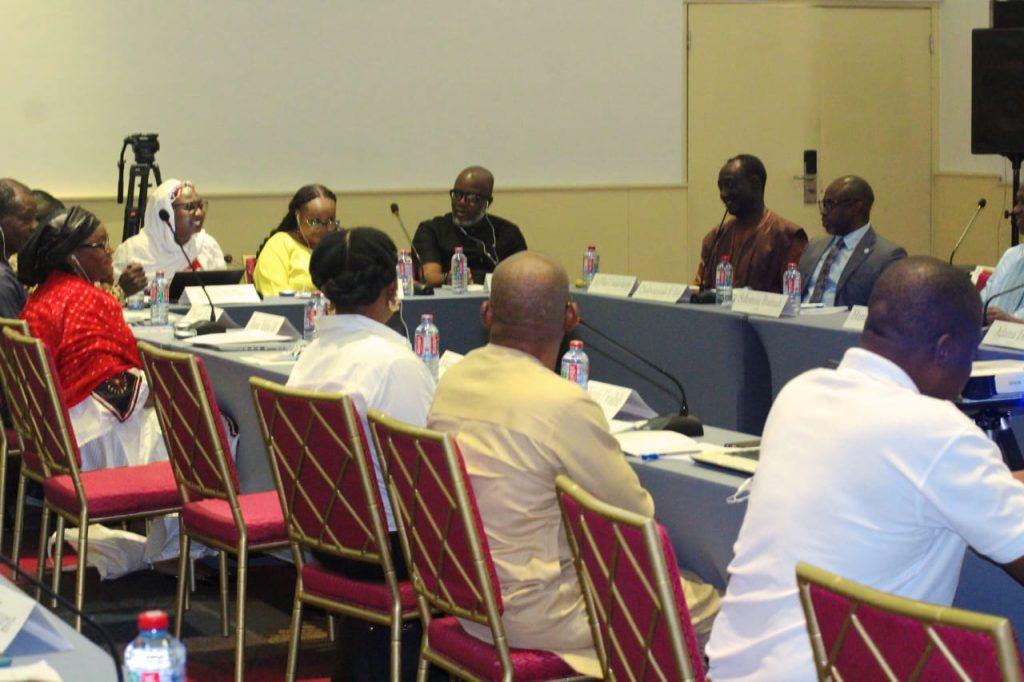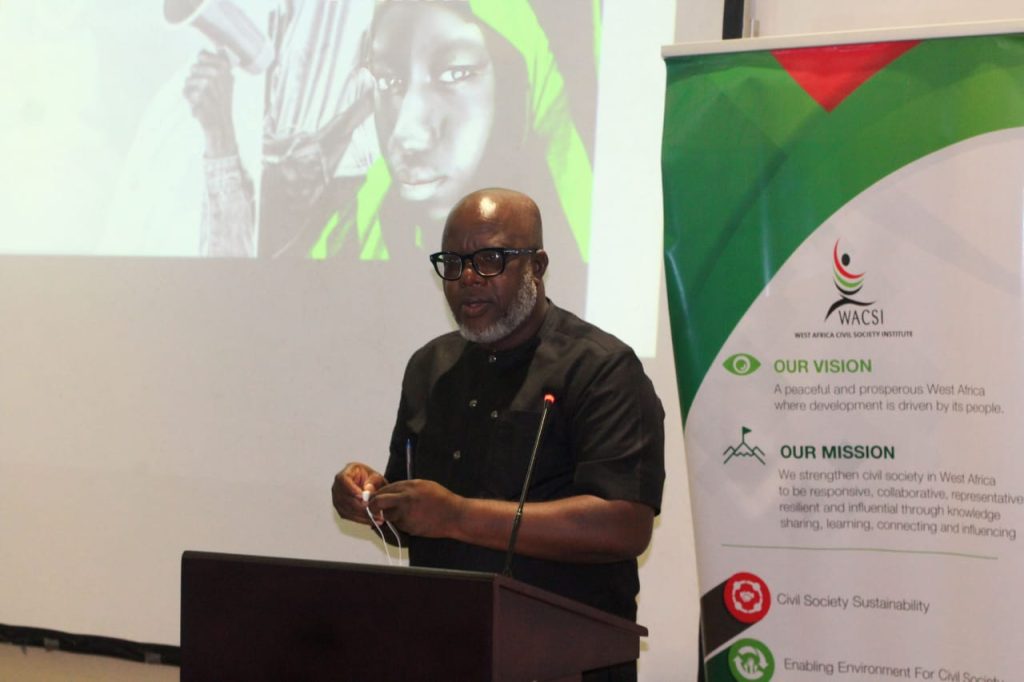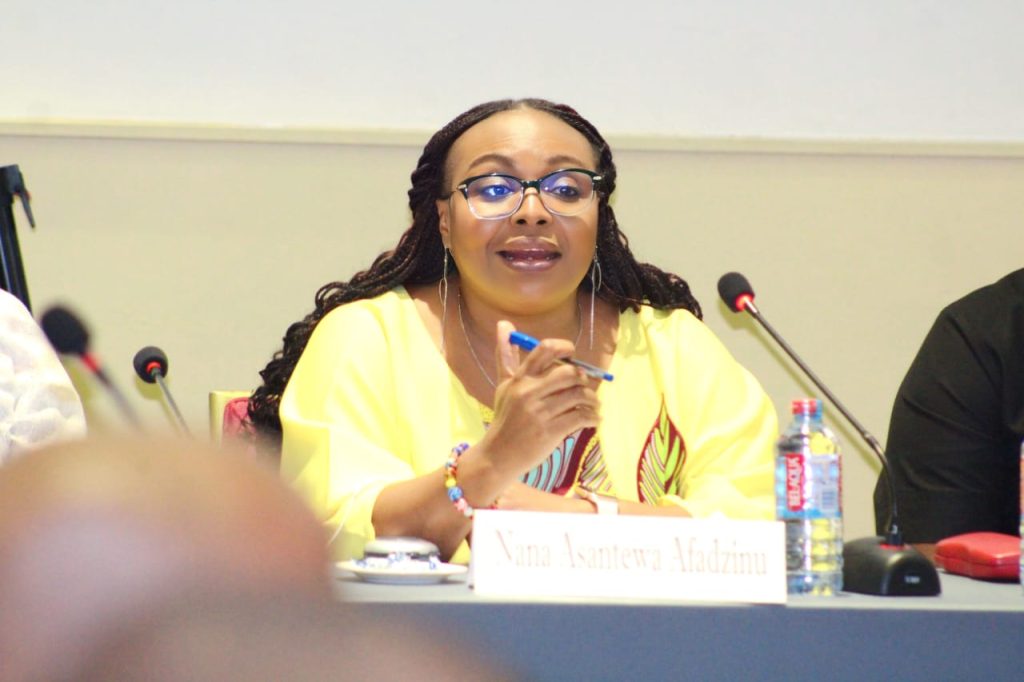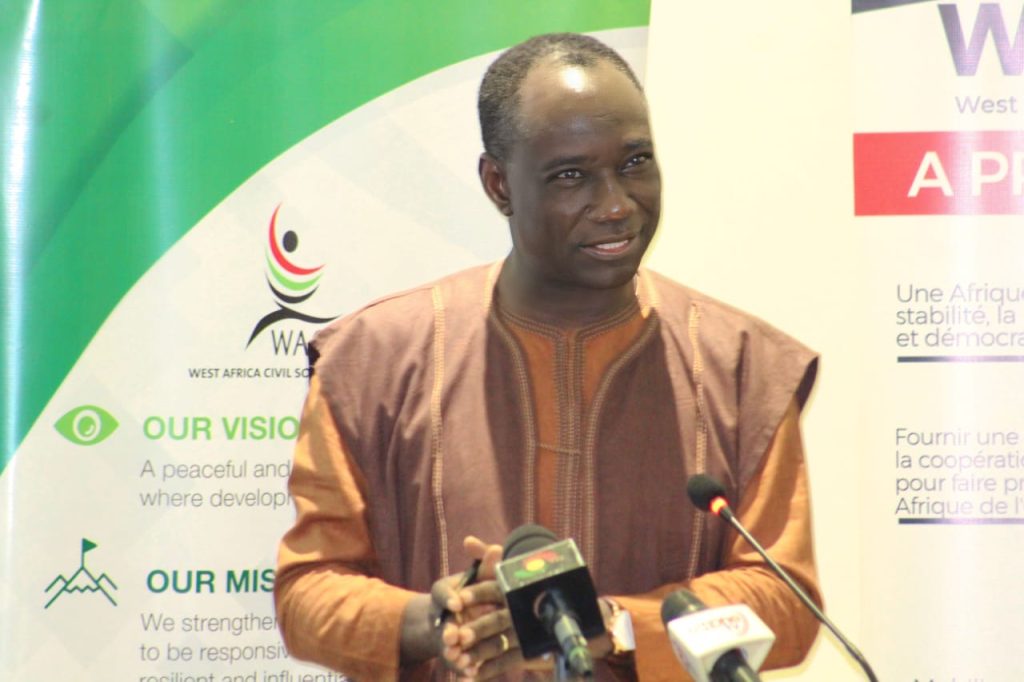By James Amoh Junior
Accra, Nov. 09, GNA – Civil society leaders, activists and development partners have reaffirmed their commitment to counter regional “regression” and “weakening democracy” in the sub-region.
The Civil Society actors said their role in reversing the “democratic backsliding” in West Africa remained critical as without their actions and the involvement of citizens, the unfolding scenario could have worsened.
The civic actors, from West Africa, said this at the opening of a two-day dialogue spearheaded by the West Africa Civil Society Institute (WACSI) in partnership with the Media Foundation for West Africa (MfWA), West Africa Network for Peacebuilding (WANEP) and West Africa Democracy Solidarity Network (WADEMOS).
Dubbed, West Africa Regional Democracy Strategy Meeting, the convening comes as an urgent response to the search for measures to tackle the uproar of coups and declining democratic values in Mali, Burkina Faso, Guinea, and Niger.

The dialogue was on the theme: “Strengthening Democracy and State-Citizens Relations in West Africa”.
It follows a recent West Africa Civil Society Week which reflected on the role of civil society in rekindling hope within the increasingly deteriorating democratic climate of the region.
There is growing support for accountability, rule of law and term limits over the last decade in West African countries.
Therefore, the Civil Society Organisations (CSOs) said one of the most important contributions they could make to reverse the backsliding was to have long-term plans of engaging the citizens across rural and urban spaces on voter education, civic responsibility, participation in healthy conversations amongst others.
Prof. Charles Ukeje, Professor of International Relations, Obafemi Awolowo University, who presented a paper on the theme, said the major aspirations of citizens were to witness democratic and accountable governance and an end to corruption.

Prof Ukeje said, government’s inaction and silence had aggravated the situation and addressing those root causes with a focus on the people, was an important step in restoring the ideals and values that West Africans wished to see in the democratic space.
“It also means CSOs, and development partners must see issues more from the view of citizens themselves,” he added.
Ultimately, Prof Ukeje, said building a coalition that cut across multi-level stakeholders to amplify voices and implement action plans in the short, medium and long-term would be a sustainable solution to saving democracy and strengthening state-society relations in West Africa.
Nana Asantewaa Afadzinu, Executive Director, WACSI, said the reasons some citizens supported coup d’états in the West African sub-region was because “they are not seeing the dividends of democracy; but if democracy is practised in the interest of the citizenry, the benefits would be enormous”.

She said CSOs played a critical role in the democratic governance in countries, holding governments accountable, advocating for the rights of citizens and building a more inclusive and just society.
According to her, “civil society was in a dilemma” and that what citizens were asking for and what CSOs were advocating for were different.
She said CSOs needed to re-commit to their traditional roles as watchdogs and partners in the delivery of accountability and transparency.
Ambassador William Awinador-Kanyirige, Senior Advisor for Governance and Peacebuilding, African Union, said unconstitutional changes of government did not have a monopoly in only military coup d’états but also in the civilian space as the African Union protocols provided.
He said democratic backsliding was not a West African or African issue but was a global phenomenon, which largely had to do with a challenge of leadership.

“If you look at West Africa, the epicentre, it has interesting characteristics because in the global and continental scheme, this region has provided energy for change…the potential is there, so West Africa must go into itself and draw from the potential in order to turn these challenges into opportunities,” he said.
Mr Awinador-Kanyirige, also a former High Commissioner of Ghana to the Federal Republic of Nigeria and Permanent Representative to ECOWAS, called on CSOs to take advantage of the many missed opportunities in the past to make their roles more prominent.
GNA